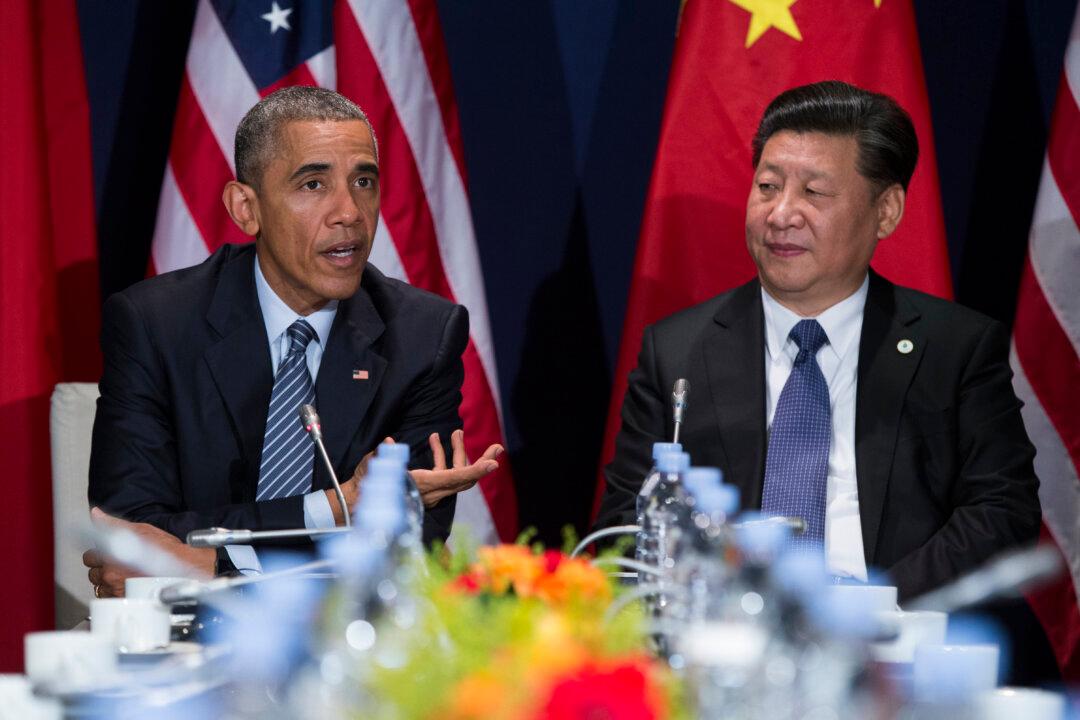WASHINGTON— President Barack Obama will be meeting with Asian leaders in Washington this week as fears grow that long-smoldering tensions on the Korean Peninsula and in the South China Sea risk flaring into conflict.
World leaders, including those from China, Japan and South Korea, will be in town for a summit hosted by Obama on nuclear security — the final round in the U.S. president’s drive for international action to stop materials that could be used for an atomic weapon or dirty bomb from getting into terrorist hands.
But other pressing security issues will be up for discussion on the sidelines of the two-day gathering that starts Thursday.
Obama will on Thursday meet separately with China’s President Xi Jinping at a time when frictions between the two world powers over China’s island-building in strategic waters are growing and look set to intensify with an upcoming ruling from an international tribunal on Beijing’s sweeping territorial claims.
The U.S. president is also meeting with the leaders of Japan and South Korea. Washington is looking for an elusive unity between its core allies in Asia as threats from North Korea reach fever-pitch after Pyongyang was stung with tough sanctions in response to its recent nuclear test and rocket launch.
Obama will be urging China to implement the U.N. sanctions it signed up to for use against North Korea, its traditional ally. For his part, Xi will want the U.S. to restart negotiations with the authoritarian government of Kim Jong Un, which has been touting progress in miniaturizing nuclear devices and missile technology that could directly threaten America.






